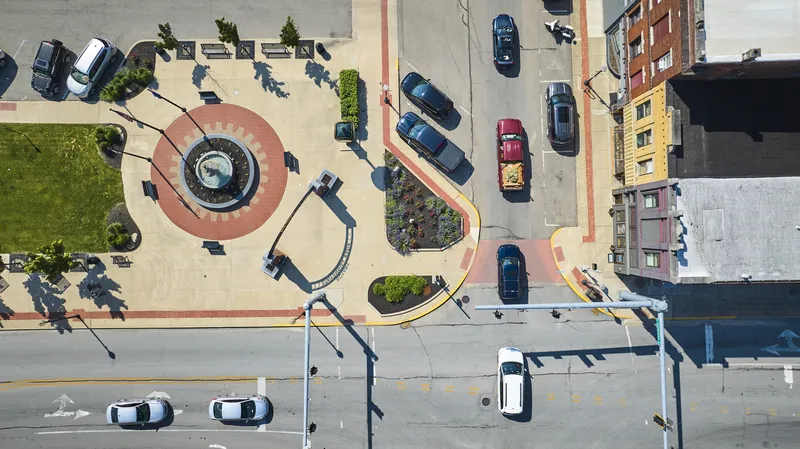The company will deploy its Transparity traffic management system (TMS) to manage traffic flow and promote mobility with real-time traffic data and management tools.
McCain’s Canadian partner and distributor, Innovative Traffic Solutions, secured the agreement.
Frank Rao, president of Innovative, says: “Upgrading their current traffic management software will allow the MTO to continue to support their legacy controllers and transition to the new ATC controllers they are deploying, while future-proofing the agency for additional smart city functions as well as connected and autonomous vehicles.”
The entire network will primarily be controlled from the MTO’s traffic management centre in the city of St. Catherines, but Transparity also allows “each district to manage the system from their own locations”, Rao adds.
The rollout of Transparity is expected to begin in the second quarter of 2019.
McCain to control signalised intersections in Ontario
McCain has been chosen by the Ministry of Transportation of Ontario (MTO) to control more than 500 signalised intersections in the Canadian province.
The company will deploy its Transparity traffic management system (TMS) to manage traffic flow and promote mobility with real-time traffic data and management tools.
McCain’s Canadian partner and distributor, Innovative Traffic Solutions, secured the agreement.
Frank Rao, president of Innovative, says: “Upgrading their current traffic management so
May 9, 2019
Read time: 2 mins









